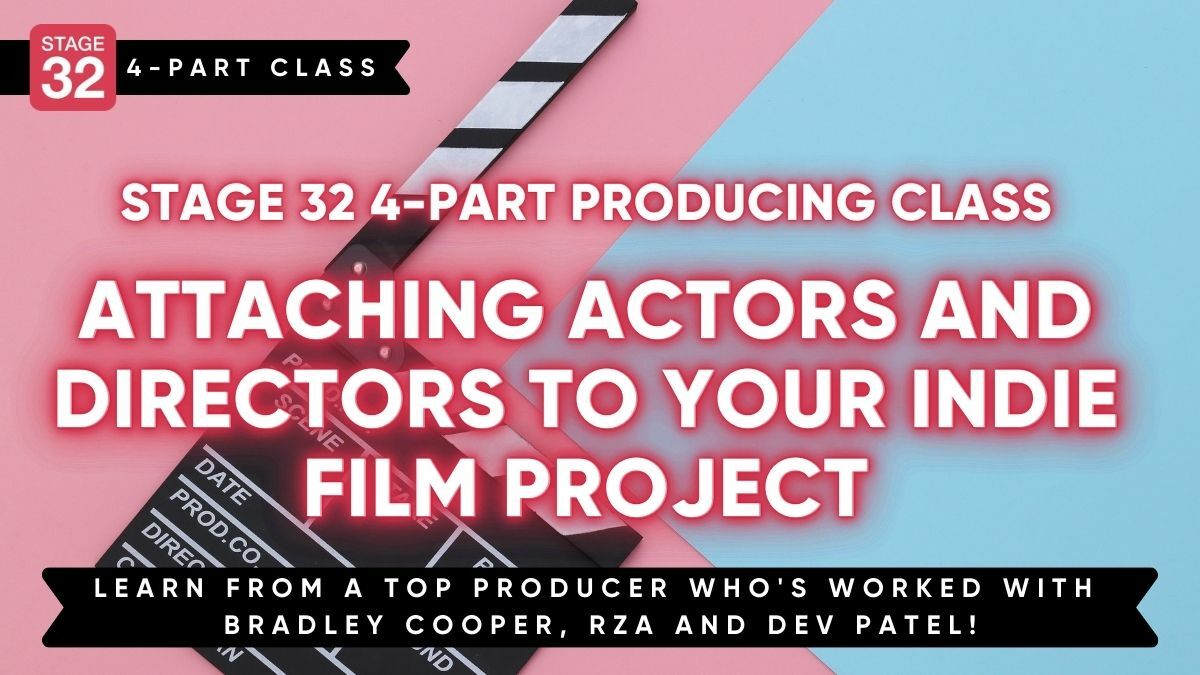In one of my screenplays, I want the reader to skim through it quickly so instead of spelling out the number I just typed it.
Ex: "4" instead of "four"
I did this many times throughout my screenplay -- is it okay to type the number or does it make my work look amateur?



Regardless of whether this is becoming a popular trend or not, I really don't think it would speed the read. Personally I find it distracting and being a proofreader and editor, I change numerics to long form in dialogue when I see it in client scripts.
if it is in dialogue, it should prob be written out in word form, but i dont think anyone will pass in a script because you used numbers.
Using numbers instead of the long-form word is laziness on the part of the writer. it doesn't take any longer to read four than it does to read 4. In certain cases it might be acceptable, such as "the display shows '4'".
1 person likes this
I agree, if it's in the dialogue it should be spelled out. However, if it's a hotel room or something like that (i.e. 469), I wouldn't see any issue with it. It's like wrylie/parenthetical keep them to a minimum.
2 people like this
The most common, accepted style in writing is zero to nine are written, 10 and greater are numerical.
1 person likes this
I usually won't use 4 instead of four - unless the digit has to be referred to specifically for example, "he spots the bigger size of 4 in the clock."
Write the word out "four" unless a number is longer like 1,764.
Thank you, everyone for your input. It was very helpful in having me write my screenplay!!
1 person likes this
Jaclyn. If you want your script to read fast here are a few tips that you may or may not find helpful.
Avoid large blocks of dialogue. Keep action lines to three lines of under and four at the very most.
Write only what we can see and avoid character’s thoughts. You should only write the physical manifestation of their emotions.
Keep a single event, shot or sequence within one description. Have the sentences that compose your description all related to one another then if the action changes you should start a new paragraph.
Don’t describe every detail in the scene. Avoid describing character’s every movement. Paint your scenes with broad strokes and let the reader’s imagination fill in the rest.
Avoid words that can usually be eliminated such as “are”, “and”, “there”, “it is”, “it's”, “to go”, “to say”, “is”, “to be” and words ending in “ly” and “ing” and replace “and” with a coma or start a new sentence when possible.
You can usually eliminate first words of dialogue such as "Well", "No", "Yes", "Of course", "I mean", etc. Eliminate words like "hello", "goodbye", "please", "thank you", and "you're welcome" unless used for irony or emphasis.
Avoid having your character ask questions but when they do don’t have the other character answer if the audience will assume what the answer would be.
Replace the "to be" verbs with an active verb or eliminate them entirely. For example, "She is in uniform" becomes "In uniform.” "It is dark outside" becomes “Dark, " etc.
Make all your action immediate so eliminate words like "suddenly", "then", "begins to", "starts to" and just make the action happen without any sort of temporal qualifier. For example: "Suddenly, he runs off." becomes "He runs off." "She starts to climb" becomes "She climbs."
Also, when writing action try to keep a single event, shot or sequence within one description. Have the sentences that compose your description all related to one another then if the action changes you should start a new paragraph.
Hope this helps.
1 person likes this
THE ELEMENTS OF STYLE by Strunk and White
2 people like this
The official rule (take it for what it's worth) is you spell out the number until you get to 10.
2 people like this
Well, because dialogue is spoken numbers are spelled out, unless it is cumbersome to do so—say, for dates or phone numbers, etc. So the general under ten rule does not necessarily apply for dialogue. Examples: "That wedding dress cost me five thousand." "According to this, he was born in 1970. So that actually makes him forty-seven." "We have an unidentified craft, bearing thirty-one mark nine." Hope that helps. ;)
I spell number because it means they are said how I want them said. 1,600,000 can be "one point six million" or "one million six hundred thousand" or even ridiculously "sixteen hundred thousands". With 4 or four it isn't so important, but the bigger the number the more important in my eyes.
I do the same as Chris & Craig since it is about how your character will say it that should be kept in mind, digits have their own openness that may not really help the actor or the reader so it is better to spell it out if it is over 10.
1 person likes this
spell the number they think you are intelligent
1 person likes this
CCM is right. "Gimme a hunnerd bucks" says something quite different about (regional) character than "The price is one hundred dollars, Ma'am."
Numbers in dialogue must be written out. In action they are handled like normal grammar rules.